Cats – Two Weeks

I said we were starting small.
Cats, provided they have water, can survive as long as humans can, about two weeks or so.
Great White Shark – Three Months
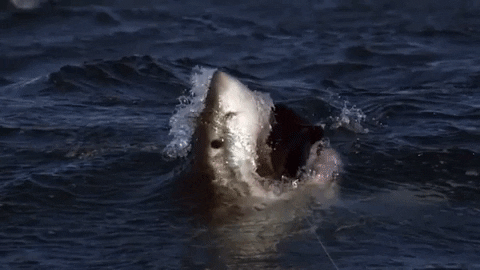
While great white sharks eat an average of 11 tons of food per year, those tons can be incredibly far apart. If a great white shark eats enough, the meal can last them three months until the next one.
Emperor Penguin – Three Months

Whereas great white sharks can go without food for three months, male emperor penguins have to go without food for three months. Why? Because for three months, they’re keeping their eggs warm, while their mates gather food.
Humpback Whale – Six Months
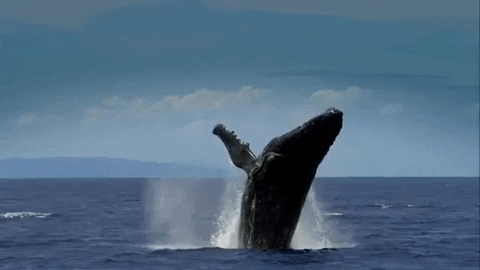
It makes sense that, during winter, food in the ocean can get pretty scarce, and even if an animal’s body can handle transitioning between different bodies of water across the globe, they still have to cross the globe in the first place. So, humpback whales can endure for six months without food, thanks to the giant stores of blubber (aka fat) in their bodies, built up during warmer months.
Ball Python – Six Months
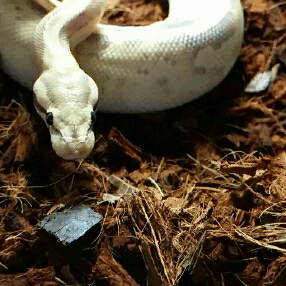
Between an extremely low metabolism and being masters of conserving energy, ball pythons can easily go without food for six months. In fact, they can survive for months at a time on just one meal.
Galapagos Tortoise – One Year
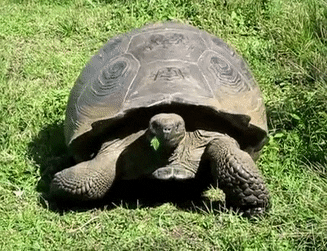
These animals fascinated Charles Darwin for a reason. They are true survivors and have large internal storages for water. Combine that with low metabolism, and they can survive without food for about a year.
Scorpion – One Year

Apparently, a scorpion’s meal is 1/3 of its own body weight. And that ONE meal provides enough nutrition for an entire year. No wonder these damn things never seem to die.
Burrowing Frog – One Year
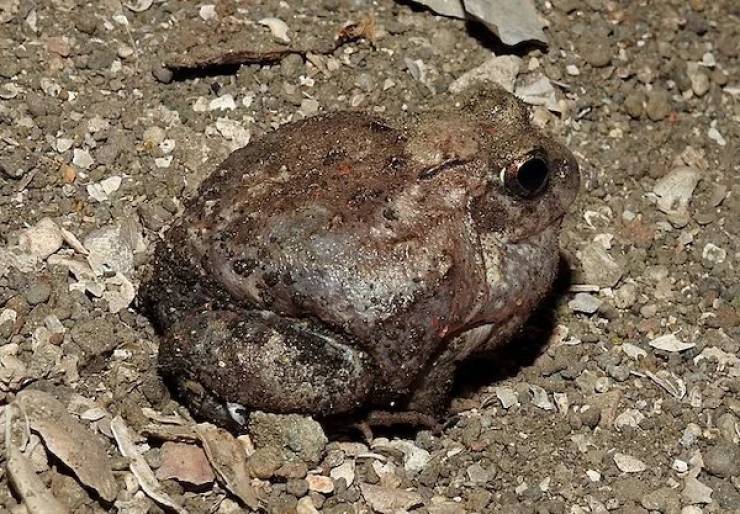
It’s not just that these frogs can survive a one-year hibernation without eating. But they can entire a period of “torpor,” in which their body runs on limited resources without being in hibernation.
Crocodile – Three Years

While crocodiles aren’t huge fans of missing a meal, they can endure nearly three years without them. This is because they move so little beyond their hunting, so they use very little energy.
And while three years sounds like a long time, it’s nothing compared to the grand champion of animals that don’t need resources.
Tardigrade – Thirty Years
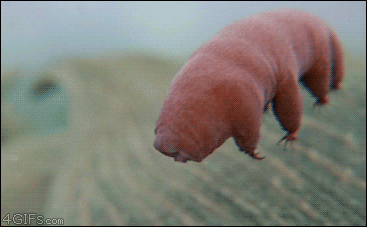
No, that’s not a typo. If you’re unfamiliar with the incredibly tiny “water bear,” it’s a microscopic organism capable of a scientific miracle. They can enter a state called cryptobiosis, where their metabolism drops to 0.01% of the normal rate. And that’s on top of not needing much water either.
Oh, and they’re immune to radiation, can survive withstand pressure that’s six times more crushing than the deepest reaches of the ocean. Tardigrades, you can’t f@#k with them.
 Barnorama All Fun In The Barn
Barnorama All Fun In The Barn